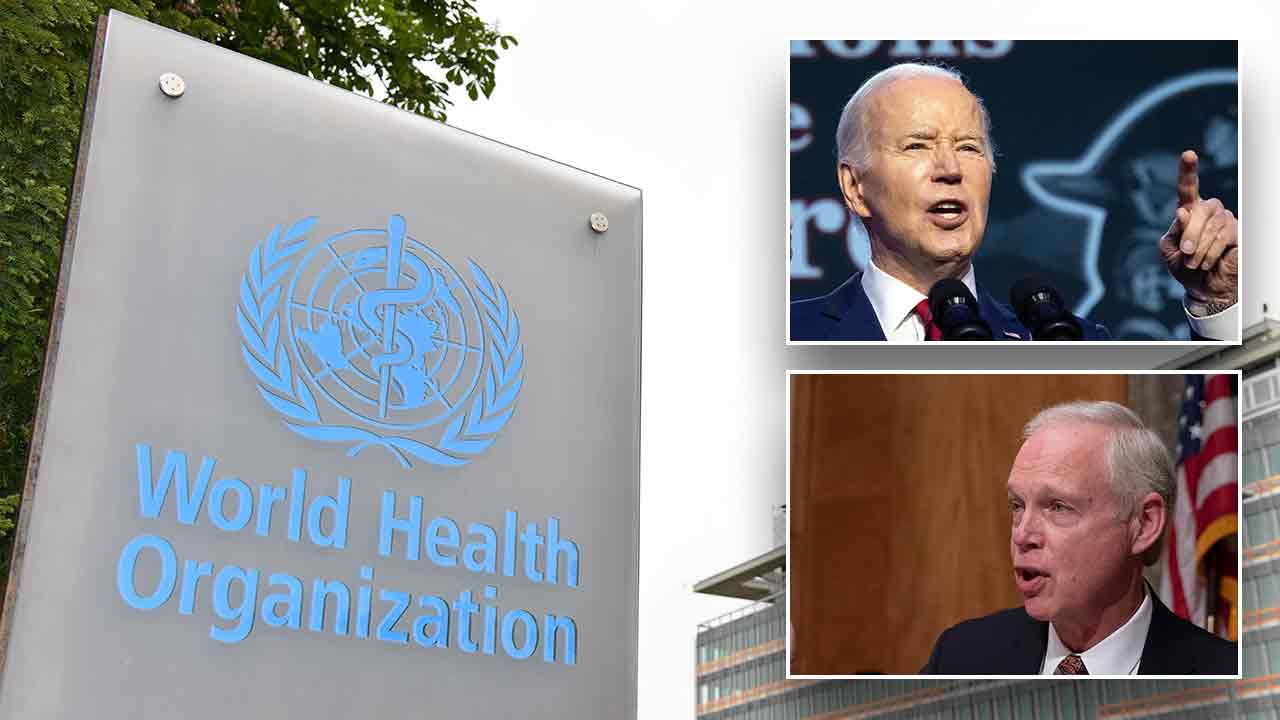There is a big problem with the one of the proposed changes in the IHR (2005). The problem is the deletion of a phrase bolded and in red below:
Article 3
Principles 1. The implementation of these Regulations shall be with full respect for the dignity, human rights and fundamental freedoms of persons based on the principles of equity, inclusivity, coherence and in accordance with their common but differentiated responsibilities of the States Parties, taking into consideration their social and economic development.
more...
source: https://apps.who.int/gb/wgihr/pdf_fi...ilation-en.pdf
-----------------------------------------------------------------------------------------------------------------------------------------------
The international organizations should be fully supportive of "full respect for the dignity, human rights and fundamental freedoms of persons" as many countries (states) are not.
If we can not depend on the WHO to continue to promote this concept then what good are they? Honestly.....
I didn't read past this part because the entire document is flawed without this phrase.
In addition, the WHO can decide whatever they want but the bottom line is that "states" will do what they want anyway - like they do with arms moratoriums, nuclear development agreements, etc.
I am a little bit miffed about this because the UN organizations need to stand and promote "dignity, human rights and fundamental freedoms of persons" as a beacon of hope for billions. States have used the idea of "common good" to manipulate and trample upon the masses for millennia. It has been implemented to dictate and abuse by the powerful against the weak. Just look at the dictatorships of the world. All of them use the "common good" argument to force their will unilaterally.
Add whatever language you want to that paragraph but do not delete the phrase above bolded in red.
Only by stressing the individual's rights can we guarantee the rights of all people in all states against tyranny.




Comment